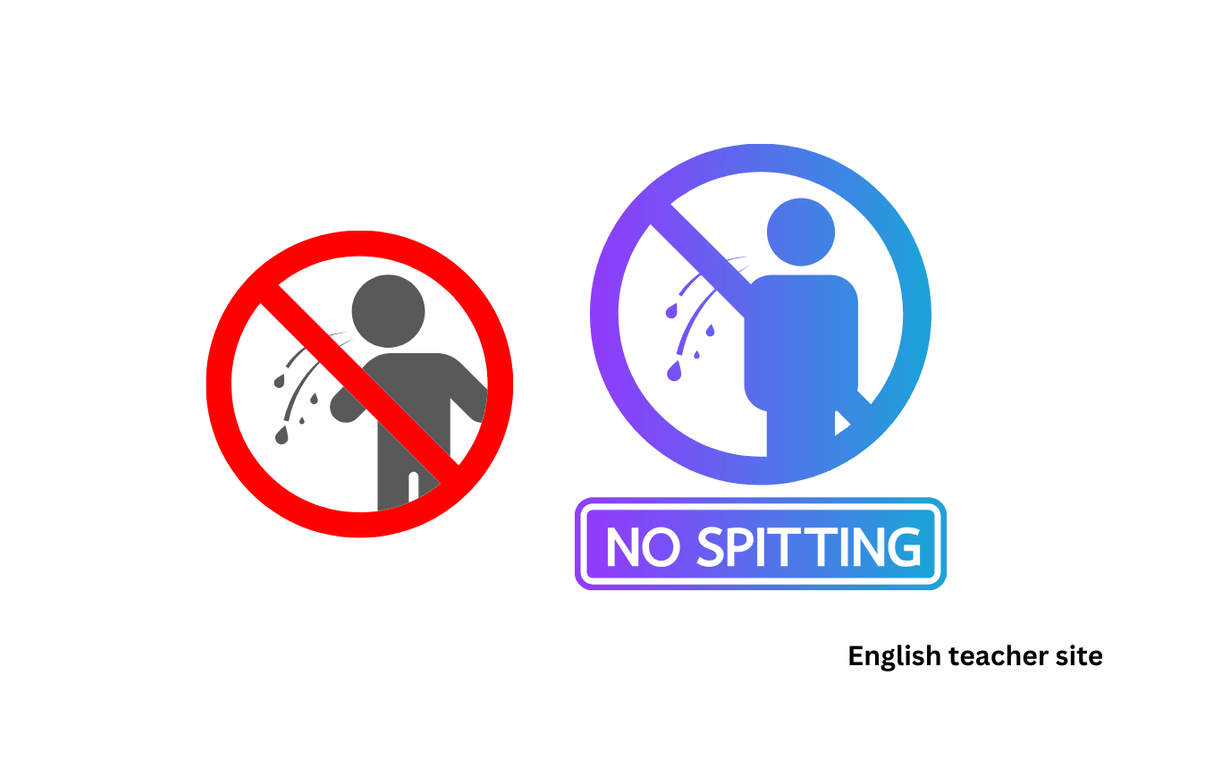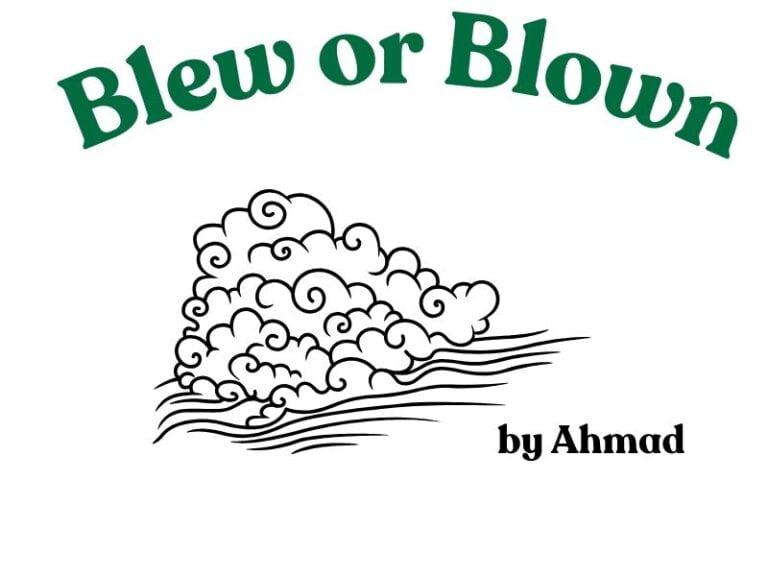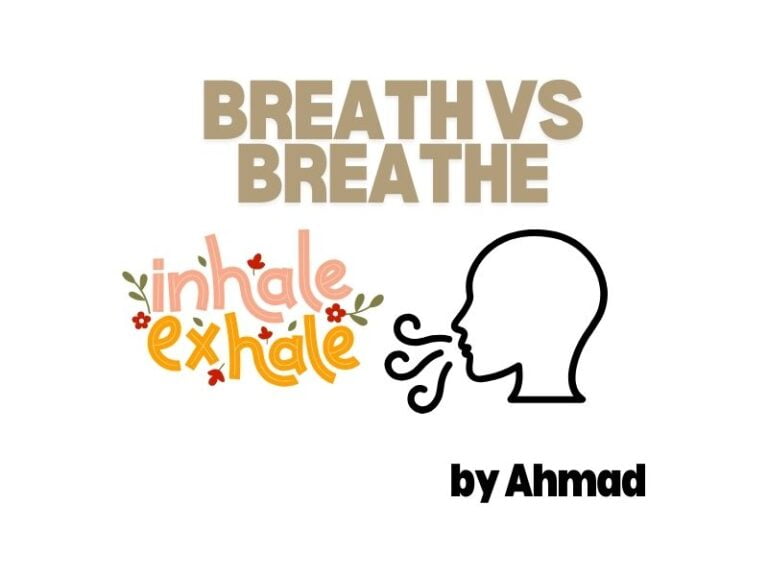Is It Spit or Spat: Understanding the Past Tense of “Spit”

- Both “spit” and “spat” are accepted as the past tense of the verb “spit,” with regional preferences influencing usage.
- Mastery of verb forms, including irregular verbs like “spit,” is crucial for fluent English grammar application.
- The verb “spit” is versatile, serving as a noun and existing in various tenses, which are influenced by American and British English conventions.
Understanding the proper tense and conjugation of verbs forms the cornerstone of mastering English grammar. “Spit,” which means to forcibly eject saliva or another substance from the mouth, can also be a noun, adding an additional layer to its usage. In examining the verb “spit,” we dive into its present tense “spit,” past tense “spat,” and past participle form, which also can be either “spit” or “spat” depending on the dialect. This exploration reveals not only the grammatical rules but also the intriguing ways that language evolves and adapts across different contexts and locales.
Is it Spit or Spat Paddy Whack, What’s the Past Tense of Spit?
Traditionally, “spit” follows the pattern of an irregular verb; thus, the past tense form is “spat.” However, language evolves, and in certain dialects, the word “spit” is also used as the past tense.
Present Tense:
- To spit (action happening now)
Past Tense:
- To spat (action happened in the past)
The difference is also heard in pronunciation, with “spat” typically having a short ‘a’ sound, distinguishing it from the present tense.
Additionally, regional variations in English can affect the past tense of “spit.” In some American English dialects, “spit” remains unchanged in both present and past tenses. However, in British English, “spat” is the standard past tense form.
| British English | American English |
|---|---|
| spat | spat (also spit) |
Linguists and grammarians agree that “spit” as the past tense is historically accurate and acceptable, but the use of “spat” is conventionally correct.
Examples in Sentences:
- Yesterday, he spat out the bad-tasting food.
- In American English: He spit out the seeds last summer.
It’s worth noting that “spit” used in the past tense is not considered grammatically incorrect in modern usage, but “spat” remains the more traditional choice for the past tense form.
| Traditional Form | Modern/Regional Usage |
|---|---|
| spat | spit |
In conclusion, both “spit” and “spat” are recognized as the past tense of “spit,” but their usage can depend on the region or the preference for traditional versus modern language forms.
Spit: Exploring the Verb’s Forms and Uses
This section delves into the verb’s present and past forms, conjugations across tenses, and anomalies in its usage across different English dialects.
The Present and Past Forms of Spit
The verb “spit” can be used in both present and past tense forms. In the present tense, the word is used as spit. The simple past tense of the verb can be either spit or spat, with both forms being acceptable in American English. British English traditionally favors spat as the simple past form.
- Present: She spits out the seeds.
- Simple Past: He spat out the gum.
- Simple Past (alternative): He spit out the water.
Examples of the past participle, spat, in context
In most contexts, the verb “spit” follows a regular conjugation pattern, using spat as the past participle. Here are examples:
- Past Participle: The baby has spat up milk.
- Passive Voice: The insults were spat angrily during the argument.
Verb Tenses and Conjugation
Conjugation varies across different verb tenses beyond the simple past and past participle. Below is a table summarizing “spit” across several tenses:
| Tense | Conjugation |
|---|---|
| Present Tense | spit |
| Past Tense | spit/spat |
| Future Tense | will spit |
| Present Perfect | has spit |
| Past Perfect | had spat |
| Future Perfect | will have spit |
Compound tenses like the past perfect continuous or future perfect can also use spat, particularly when emphasizing the completion of an action.
Grammar and Usage in Different Dialects
“Spit” presents an instance where American and British English diverge. American English is more flexible, accepting both spit and spat. British English typically uses spat for the past tense and past participle forms. This difference can lead to variations in usage, depending on the dialect.
Irregular Verbs and Their Peculiarities
“Spit” is an irregular verb since it does not follow a standard pattern of conjugation. Like other irregular verbs such as “drive,” “fly,” or “choose,” its past forms are not created by simply adding “-ed” to the base form.
Phrases and Sayings Involving ‘Spit’
Several phrases incorporate the verb “spit.” These often carry idiomatic meanings distinct from the literal act of expelling saliva.
- “Spit and polish”: implying meticulous cleaning or grooming
- “Spit it out”: an encouragement to say something that one is hesitating to disclose
Common Questions Around ‘Spit’
Frequently asked questions (FAQs) about “spit” involve its past forms and correct usage in verb tenses. The origin of the verb spit is also a common curiosity. Knowing how to correctly use “spit” in different tenses and contexts is often a point of clarification sought by learners of English.
Beyond the Verb: ‘Spit’ in Different Contexts
While the term ‘spit’ is commonly understood as a verb related to the expulsion of saliva, it possesses a range of meanings and uses across different contexts. This section unfolds the broader linguistic landscape of ‘spit,’ from its nominal applications to its cultural implications.
The Noun ‘Spit’ and Its Applications
‘Spit’ as a noun largely pertains to the saliva ejected from the mouth, but its use extends beyond this biological substance. In the culinary world, ‘spit’ refers to a rod used to roast meat over a fire. This tool rotates the meat to ensure even cooking. Here’s a glance at how ‘spit,’ as a noun, varies in application:
- Saliva: ‘Watch out for the spit on the sidewalk.’
- Roasting rod: ‘The meat cooks uniformly on the spit.’
Table 1: Applications of the Noun ‘Spit’
| Context | Example Sentence |
|---|---|
| Bodily secretion | “He dabbed the spit off his chin with a napkin.” |
| Cooking equipment | “She turned the spit slowly to roast the chicken evenly.” |
Synonymous Terms and Language Evolution
Over time, language evolves, and synonyms for ‘spit’ arise or fall out of use. These synonymous terms can include ‘expectorate’ for the verb or ‘saliva’ for the noun. The versatility and survival of certain terms depend greatly on their utility and frequency in language use, especially among various dialects of English, such as American English and British English. For instance:
- American English: ‘He spit out the gum.’
- British English: ‘He spat out the gum.’
Cultural Interpretations of Spitting
Spitting encompasses more than a physical action or a simple noun; it holds cultural interpretations. From a sign of contempt in some societies to an act conveying disgust, spitting can communicate a range of sentiments. It is important to realize these interpretations to avoid miscommunication across cultures.
Linguistic Nuances and Learning English
Grasping the tenses and conjugation of verbs like ‘spit’ is part of the challenge for English learners. The verb ‘spit’ follows an irregular pattern:
- Infinitive: to spit
- Present tense: spit/spits
- Past tense: spit/spat
Understanding these nuances enables learners to accurately express past actions and helps contextualize phrases within conversations.
Table 2: Tense Conjugation for ‘Spit’
| Tense | Conjugation |
|---|---|
| Infinitive | to spit |
| Present Tense | spit/spits |
| Past Tense | spit/spat |
Expanding Vocabulary: Related Verbs
When expanding one’s vocabulary, learning the past tense of related verbs is essential. Some examples include:
- Past tense of spread: spread
- Past tense of lead: led
- Past tense of choose: chose
- Past tense of fly: flew
- Past tense of lay: laid
- Past tense of fall: fell
- Past tense of drive: drove
- Past tense of draw: drew
These verbs highlight the variety of past tense formations in English grammar, from regular to irregular conjugations.
Source
Definition of spit from the Collins English Dictionary.
Harper, Douglas. “Etymology of spit.” Online Etymology Dictionary
My name is Khamis Maiouf. I am the creator of the English Teacher Site, dedicated to providing valuable resources and insights for students around the world. With a passion for education and a commitment to helping students enhance their skills, I aim to make English teaching more effective and enjoyable for both educators and students.






